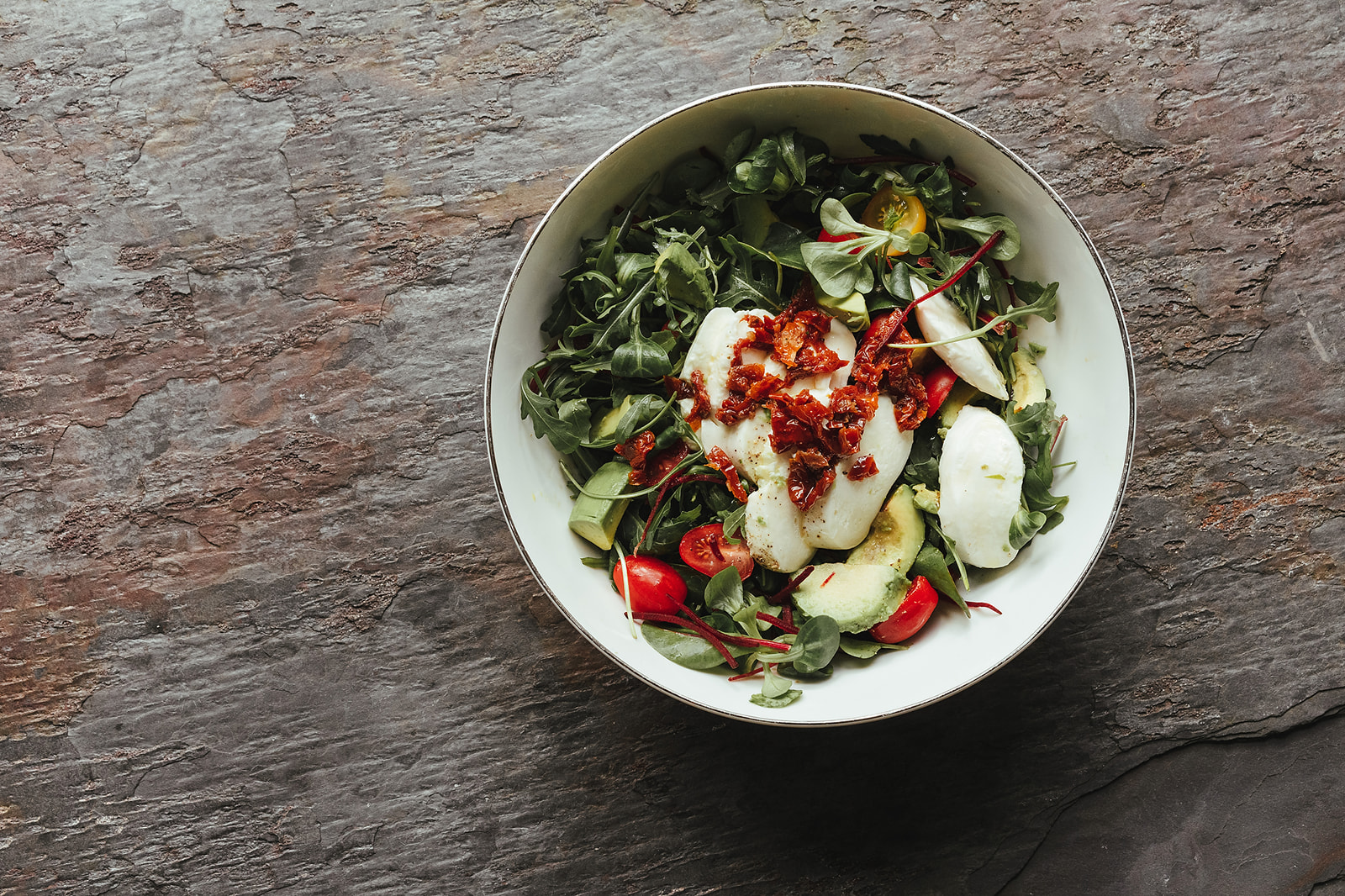Fats are an essential macronutrient that we need to survive. Over the years, fat has got a bad reputation. The truth is, we need fat, and the type of fat we consume is the most important factor.
Why do we need fat?!
We need fat for energy storage and production, insulation, protection and insulation of our organs, for absorption of fat-soluble vitamins (A, D, E and K), for a healthy brain, our cell membranes, hormone production and for regulating body temperature – to name a few functions. It also makes food taste good, of course!
If we don’t eat enough fat we become malnourished and unhealthy, but equally if we eat too much (and too much of the wrong kind!) we can become obese which carries other health risks – it’s important to get the right balance.
Fat Fact 1
- Fat has 9 kcal’s per gram, compared to 4 kcal’s for protein and carbs, and 7 kcal’s for alcohol
Fat Fact 2
- Fats are either saturated or unsaturated. Excess carbs and protein are converted into fat by our bodies.
Fat Fact 3
- Omega 6 and Omega 3 are two essential fats as our body does not produce them.
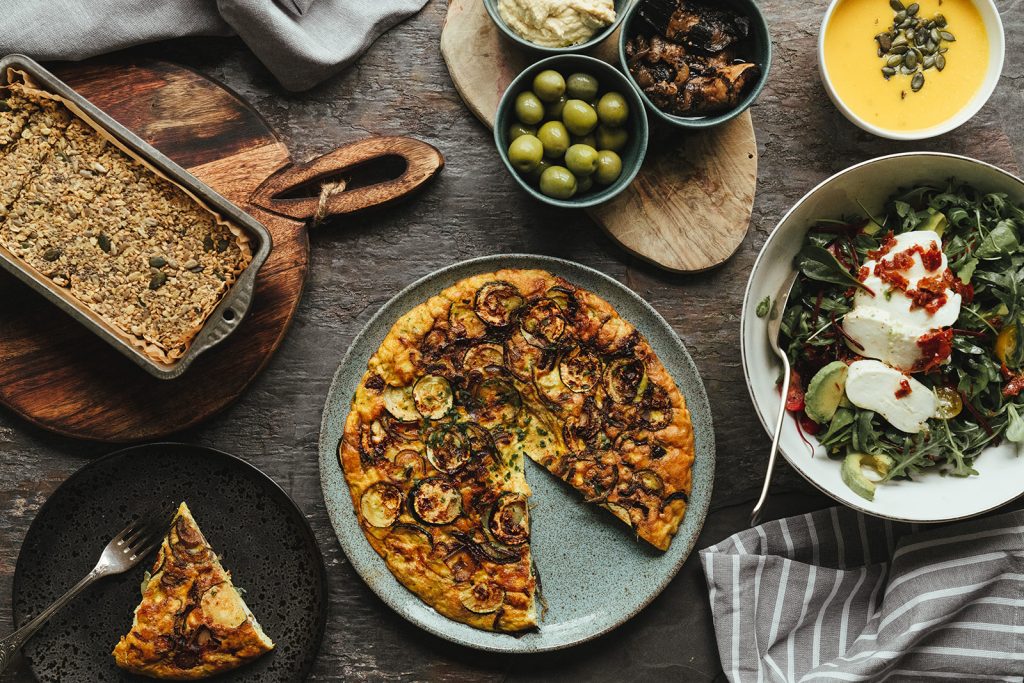
What fats should I be eating?
We will all get a mix of fats in our diet, however, we should be trying to eat more unsaturated fats, including:
- Monounsaturated – things like olive oil, avocados, nuts – these keep up our levels of ‘good’ cholesterol (HDL) and lowers the harmful cholesterol (LDL).
- Polyunsaturated – also helps lower the levels of LDL. Things like Omega 6 (sunflower seeds, some nuts etc) and Omega 3 (SMASH fish for eg).
- A good guideline for fat intake is the Mediterranean diet, which has a moderate amount of fat – it typically makes up around 35-40% of your daily calories. So for a calorie intake of around 2000 kcal per day, you would be looking at 78-89 grams of fat. However, your intake also depends on your gender, weight, activity level etc. For example, females will always carry more fat than men.
What sort of fats should I cut down on?
Try to cut down on foods high in saturated fats and trans fats. Things like fatty meat, processed meat, cheese, dairy, biscuits, cakes, pies, chocolate, palm oil, hydrogenated oil etc.
These fats can increase the LDL (low-density lipoprotein) cholesterol, which is the ‘bad’ type and can lead to a raised risk of heart disease or stroke.
The Government recommends we shouldn’t have more than 20g (women) or 30g (men) of saturated fat per day, and not more than 5g of trans fats.
As a guideline, high-fat foods would have more than 17.5g of fat per 100g. Low would be 5g of fat or less per 100g. For saturated fat more than 5g per 100g is high, and less than 1.5g per 100g is low.
Low fat is not better. Remember this. We need fat in our diet, and often low-fat foods are marketed as the healthier choice with less calories. However they may have more unhealthy fat and can be full of sugar or sweeteners to still make it taste ‘nice!’ Don’t be scared of fat, just go for the good quality kinds, and be aware of portion size!
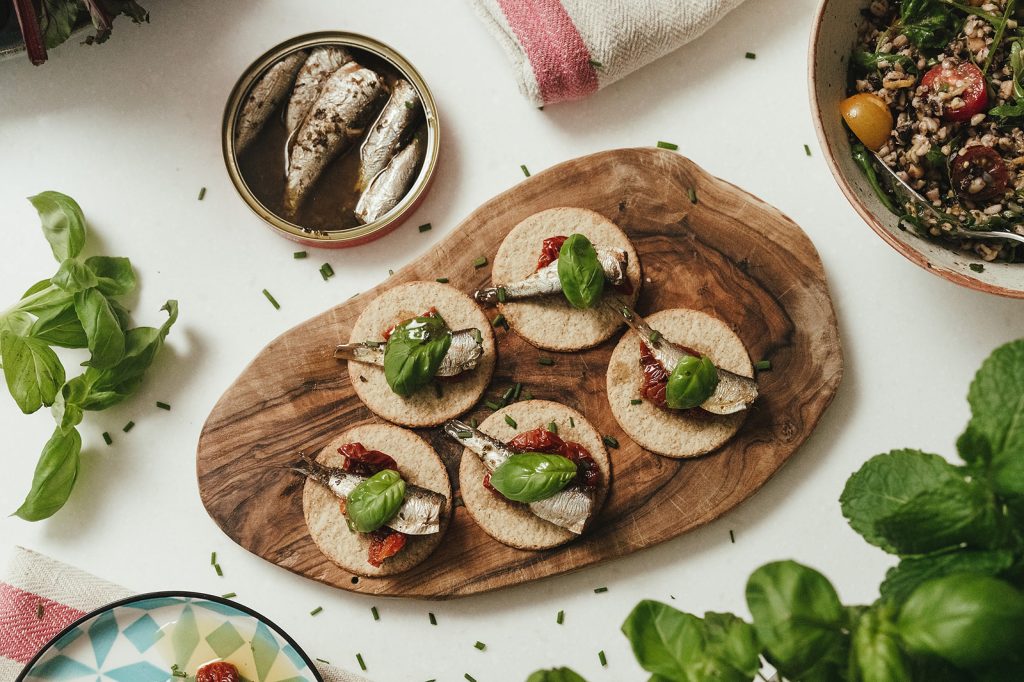
What about when I cook?
It is a common misconception that you can use any oil/fat when cooking.
Different fats have different temperature thresholds, and some will go rancid when overheated, which is not good for us.
For cooking and frying, it’s best to use coconut oil, or (real) butter, ghee. For light frying olive oil or avocado oil is a good choice, as is extra virgin olive oil.
However some olive oils – like cold-pressed olive oil should not be used for cooking, and only used to drizzle over foods for flavouring or as a dressing. You should also keep cold-pressed oils in the fridge, and in dark glass bottles. It’s also important to avoid overheating, smoking or burning fats.
Follow me on instagram at @therapeutic_kitchen or sign up to the newsletter below to receive more helpful health tips straight to your inbox every month.

What you need to know about testing vitamin D
Did you know, that during the winter, however much the sun shines, you are simply not going to absorb any vitamin D. So it’s really

Everything you need to know about my transformational weight loss programme
Transformational weight loss programme – 12 weeks You can’t just embark on a new diet plan without also taking care of your relationship with food,

What does ‘gut health’ actually mean?
Did you know that 90% of disease can be linked back to gut health? Over the years I have seen numerous clients for all different
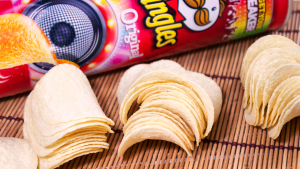
Once you pop, you can’t stop – why Pringles are so addictive
Why is it? Once you pop, you can’t stop! Remember this advertising slogan? Can you relate to it? Why is it when we start to
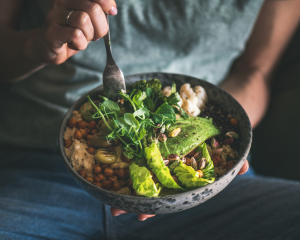
How can I manage a metabolic condition?
How can I manage, and improve my metabolic condition? Whether you have had an official diagnosis or not, you could be on your way to
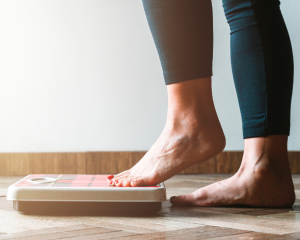
What is metabolic syndrome and how can it be treated
What is Metabolic Syndrome? Metabolic syndrome is a combination of metabolic dysfunctions in the body which can be; obesity, fat around the middle, type 2

